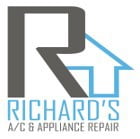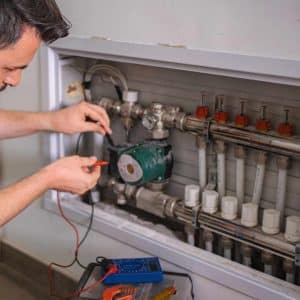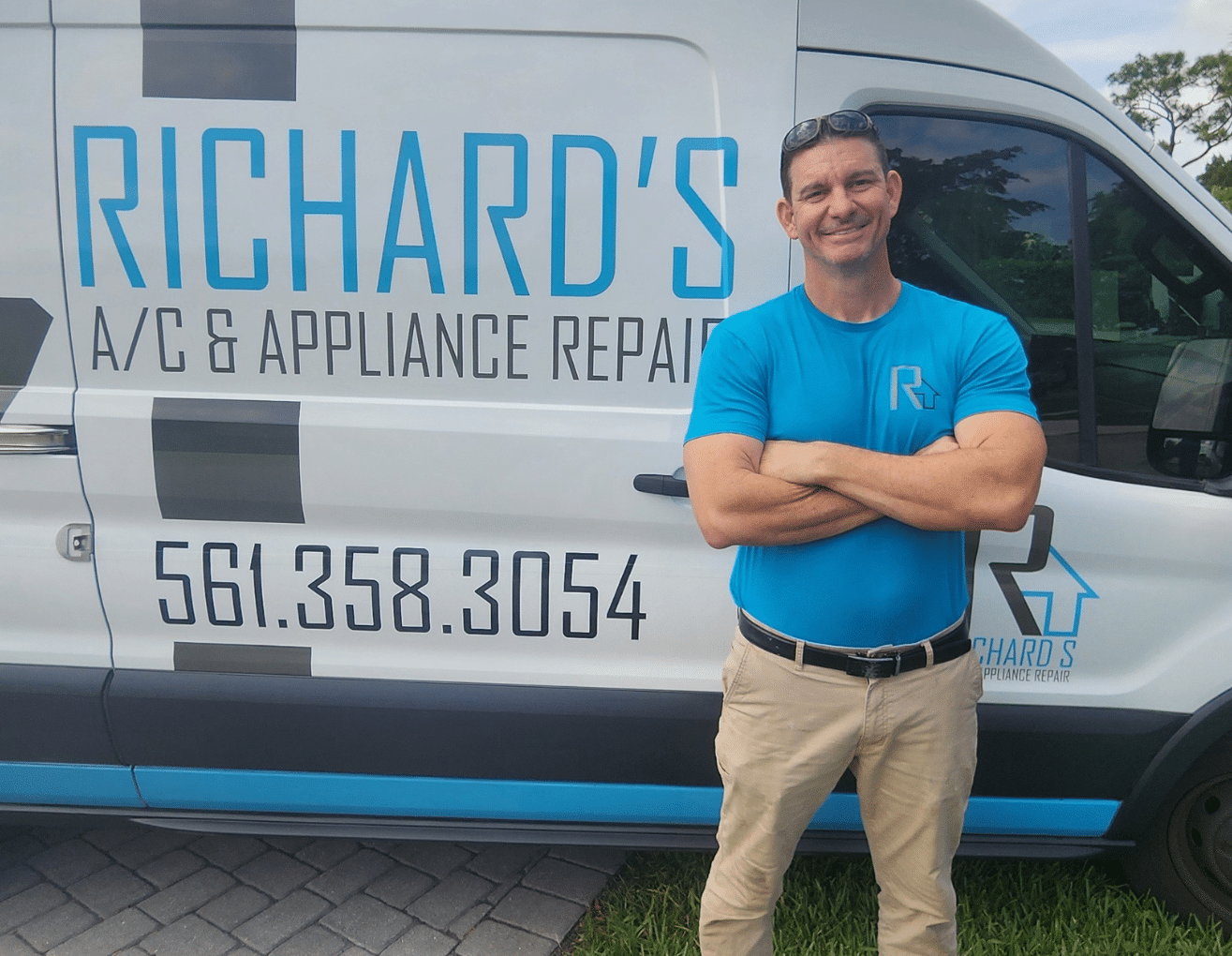It’s a scenario many Florida homeowners eventually face: your trusted air conditioner starts acting up, struggles to keep up with the relentless heat, or breaks down altogether. This immediately triggers a critical and often costly question: should you repair your existing AC unit, or is it time to invest in a replacement? This isn’t always an easy decision, as it involves weighing upfront costs, long-term savings, system reliability, and your home comfort.
Making the wrong choice can lead to wasted money on an aging unit that will soon fail again, or conversely, a premature replacement when a simple repair could have sufficed. Understanding the key factors involved will empower you to make an informed, financially sound decision that’s right for your specific situation. At Richard’s AC, we believe in providing honest assessments and clear information, whether that leads to a repair or a new system consultation. This guide will help you navigate the repair versus replacement dilemma.
Key Factors to Consider in the Repair vs. Replacement Dilemma
When your AC system is on the fritz, several crucial elements should influence your decision-making process. Let’s break them down:
1. Age of Your Current AC System
The age of your air conditioner is a primary indicator. In Florida, where AC units work incredibly hard for a significant portion of the year, the average lifespan is typically around 10 to 15 years. If your system is approaching or has surpassed this age range, investing in major repairs becomes less financially sensible. Older systems are not only more prone to breakdowns but also less efficient than modern units.
Furthermore, if your older system uses R-22 refrigerant (often referred to by the brand name Freon), this is a significant factor. R-22 is being phased out due to its environmental impact, making it increasingly expensive and difficult to obtain for repairs, pushing the cost of servicing these older units even higher.
2. Cost of the Current Repair
This is a straightforward calculation. Get a detailed quote for the necessary repair. A common rule of thumb is the “50% rule”: if the cost of the repair is close to 50% (or even 30% for much older units) of the cost of a brand-new, comparable system, replacement is often the smarter financial move.
Pouring significant money into repairing a major component, like a compressor or evaporator coil on an aging unit, might provide a temporary fix but doesn’t address the age and overall wear and tear of other parts that could soon fail.
3. Frequency of Past Repairs
Is this the first time your AC has needed attention, or has it become a regular occurrence? If you find yourself calling for AC repairs multiple times a year, or if you’ve had several significant repairs in the last couple of years, your system is likely nearing the end of its reliable service life.
These recurring repair costs can quickly add up, a situation often described as “nickel and diming” an old unit. Eventually, the accumulated cost of these frequent fixes can outweigh the investment in a new, reliable system.
4. Energy Efficiency (SEER Rating)
This is a huge factor, especially in Florida where cooling costs constitute a large portion of energy bills. SEER stands for Seasonal Energy Efficiency Ratio, and it measures how much cooling an AC unit provides for each unit of electricity it consumes. The higher the SEER rating, the more energy-efficient the unit. Older AC systems from 10-15 years ago might have SEER ratings of 8 to 10.
Today, the minimum SEER rating for new installations is significantly higher (often 14 or 15, with high-efficiency models boasting SEER ratings of 20+).
5. Current System Performance & Comfort Levels
Beyond just breaking down, consider how well your current AC is performing when it is working. Does it struggle to keep your home cool on the hottest Florida days? Do you experience uneven temperatures, with some rooms being too hot while others are too cold?
Is your home still feeling overly humid despite the AC running? If your current system, even when “repaired,” isn’t delivering the comfort you expect, investing in a new, properly sized, and more capable system might be the best path to improved comfort.
6. Environmental Considerations (R-22 Refrigerant Focus)
As mentioned, if your older AC uses R-22 refrigerant, this is a critical point. The production and import of R-22 have been phased out in the U.S. because it’s an ozone-depleting substance. While reclaimed R-22 is still available for servicing existing units, its supply is dwindling, and its cost has skyrocketed.
If your R-22 system develops a significant refrigerant leak, repairing it can be prohibitively expensive. Modern air conditioners use R-410A, a more environmentally friendly refrigerant. Choosing replacement means opting for a greener solution.
7. Your Future Plans in the Home
Your long-term plans can also play a role. If you’re planning to sell your home in the near future, a brand-new, high-efficiency air conditioner can be a significant selling point and may even increase your home’s value.
Conversely, if you plan to stay in your home for many years, you’ll reap the long-term benefits of lower energy bills, improved comfort, and enhanced reliability from a new system.
When Repair Might Be the Right Call
Replacement isn’t always the answer. Repairing your current AC unit can be a perfectly sensible option under certain circumstances:
- The unit is relatively new: If your AC is less than 5-7 years old and has been well-maintained, a repair is often the most cost-effective choice, especially if it’s still under warranty.
- The repair is minor and inexpensive: A simple fix like replacing a capacitor or a fan motor on a younger unit is usually worth it.
- The system has been generally reliable: If this is the first significant issue after years of good service, and the unit isn’t too old, a repair might give you several more years of service.
- You’re moving very soon: If you plan to sell your home within the next year, a less expensive repair to keep the system running might be preferable to investing in a new unit.
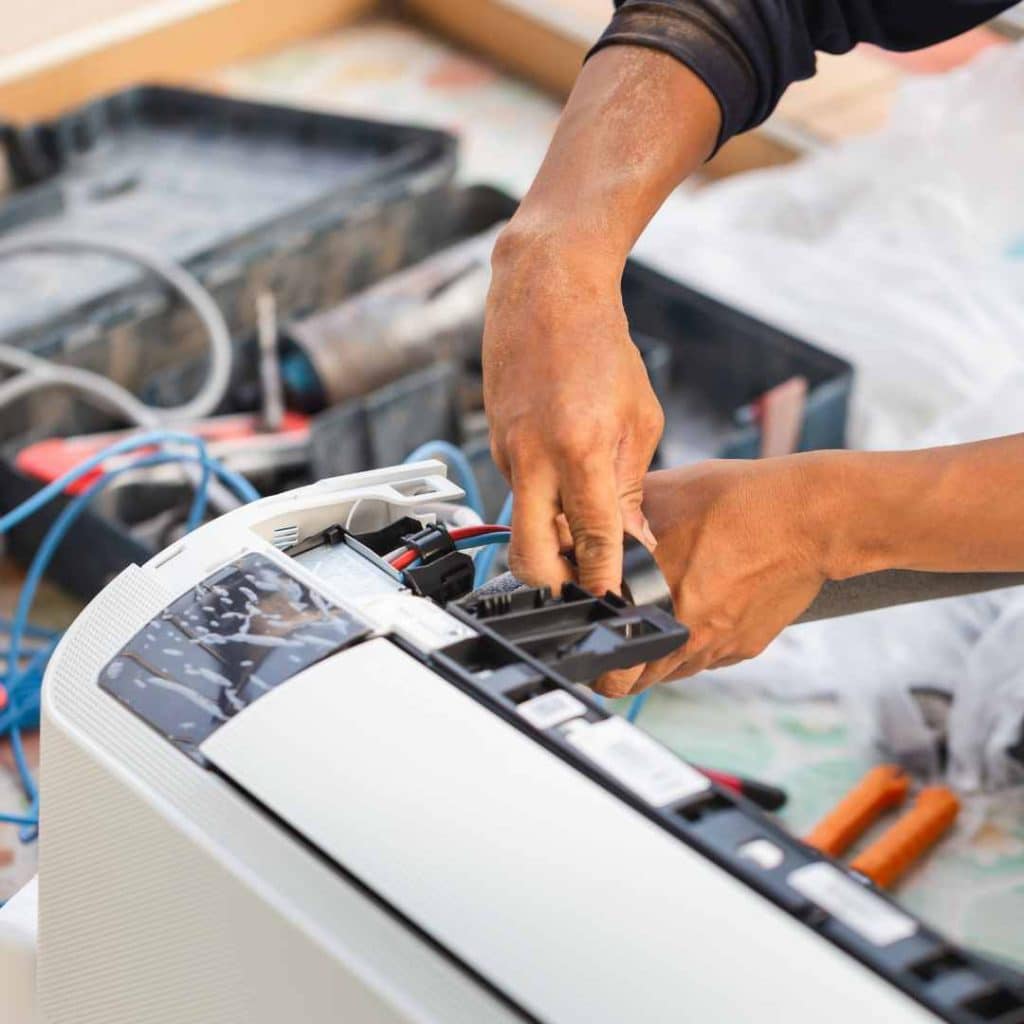
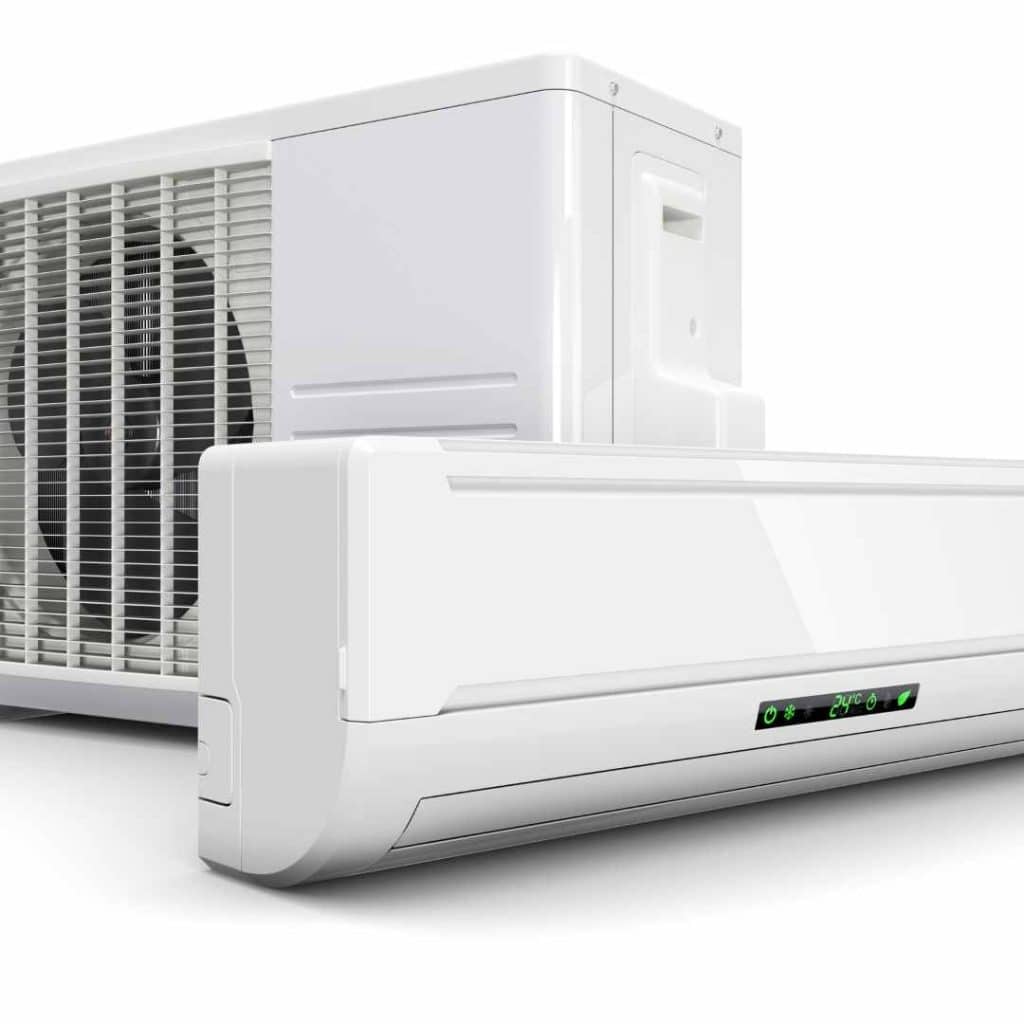
The Long-Term Benefits of AC Replacement
If the factors lean towards replacement, keep these significant advantages in mind:
- Drastically Lower Energy Bills: Thanks to higher SEER ratings and modern technology.
- Improved Home Comfort: More consistent temperatures, better humidity control, and quieter operation.
- Enhanced Reliability: New systems mean fewer unexpected breakdowns and repair calls.
- New Warranty Coverage: New units come with comprehensive manufacturer warranties, offering peace of mind.
- Environmentally Friendlier: Modern refrigerants and higher efficiency reduce your carbon footprint.
- Advanced Features: Opportunity to integrate smart thermostats, zoning systems, and improved air filtration.
Making an Informed Decision with Richard's AC
Deciding whether to repair or replace your AC is a significant financial decision, and it can feel overwhelming. At Richard’s AC, we believe in providing honest, transparent advice to help you make the best choice for your home and budget. Our experienced technicians can thoroughly inspect your current system, clearly explain the nature and cost of any necessary repairs, and provide an unbiased opinion on its remaining lifespan and efficiency.
Ultimately, the decision to repair or replace your air conditioner depends on a careful evaluation of your specific circumstances. By considering the age of your unit, the cost and frequency of repairs, its energy efficiency, and your future plans, you can make a smart investment in your home’s comfort and your long-term financial well-being.
Facing a tough AC decision? Let the experts at Richard’s AC provide an honest assessment.

